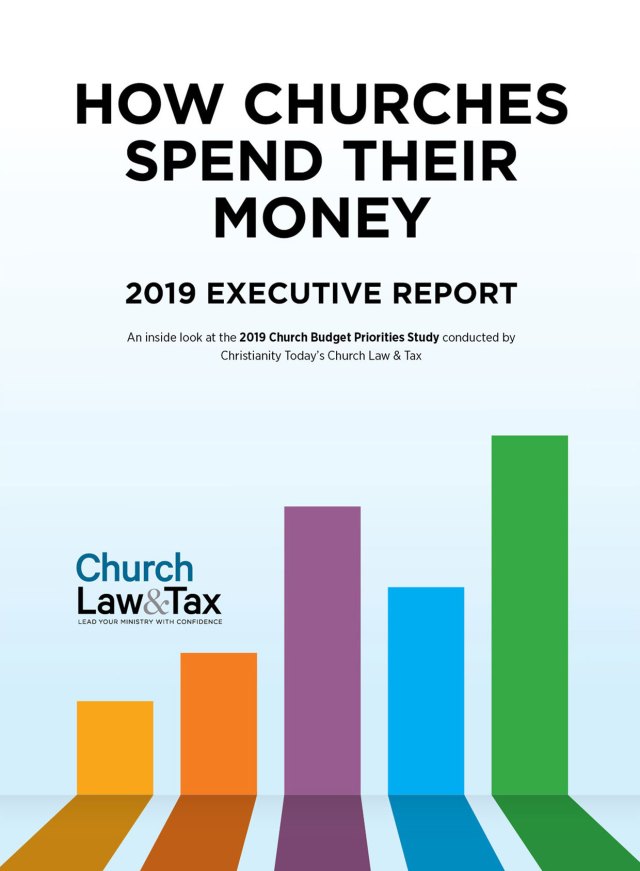Church financial audits provide you the opportunity to take a close look at how your church handles its money. There’s nothing to fear about financial audits if you keep these simple tips in mind.
Before the Audit
- Follow the leader. Common sense tells us that what church leaders do in their personal lives is a likely indicator of how they will handle their organizational role as leader. While you will not have access to their personal financial records, you should pay attention to any visible indicators that church leaders are not good money managers.
- Establish expense controls. Safeguard funds by dividing duties. No one person should have the authority to approve purchases, issue funds, and sign checks.
- Separate funds. If your church has trust or endowment funds, those funds should be handled through a separate bank account.
- Create a spending policy. Your church should have a written spending policy in place that addresses treasurer terms, expense reimbursement and benevolence funds.
- Document expenses. Require written documentation of expenses and have a well-defined exception policy for cases where such documentation is not available.
- Know when to ask for help. Understand that there may be times when you need the services of a CPA. Selecting the right CPA is as important as the decision that you need one.
About Financial Audits
- Only a CPA can perform a financial audit. The term “audit” is used to describe a close review of many kinds of processes, such as a legal audit or a risk management audit. Only a CPA can complete a financial audit and issue audit opinions.
- Expect a written report. The outcome of the audit should be a written audit opinion that helps ensure financial accountability.
- Establish accountability. Whether an audit uncovers a problem or not, the fact that an audit is performed establishes an environment of accountability that can serve to discourage financial mismanagement.
- To audit or not to audit. Generally, the IRS does not require an audit. However, there may be other entities with a financial interest in church business that may require one.
- Consider the cost. While audits can be an expensive undertaking, you should also consider the cost of undiscovered financial mismanagement that an audit might reveal.




